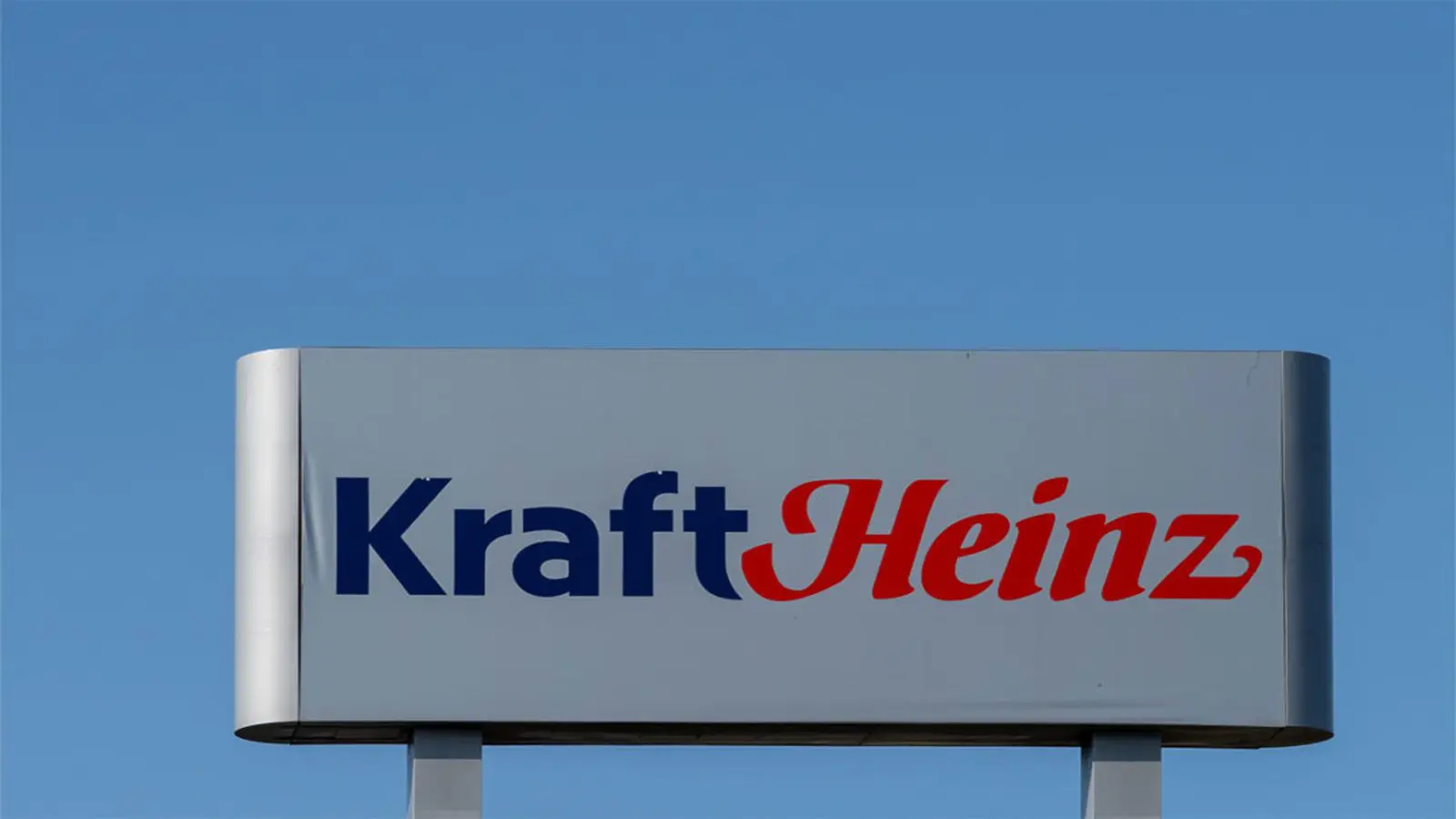In the era of ease, practically any brand may earn a place in our shopping basket. Price discounts, algorithmic targeting, or plain availability might all result in a speedy purchase. However, this does not guarantee that they will be remembered or loyal.
The fact is that certain brands fill our baskets, while others remain in our hearts. And the distinction between the two often determines whether a brand becomes a passing fad or a lasting icon.
The Cart Brands: Transactional by Nature
In the short run, brands that only use performance marketing or price promos often do well. They get the click, the lead, and the sale right away. Think about areas that are driven by commodities, where choice is based less on personal taste and more on ease of use.
What’s the risk? People could use these names instead of each other. People shop around until they find a better deal or faster service.
The attitude of the cart brand:
Discounts > Standing Out
Setting up > Connecting
Quick wins are more important than long-term growth.
The Heart Brands: Emotional, Memorable, Cultural
Then there are names that go beyond the cart. They become part of who are, how you live, and even your memories. Apple is more than a phone brand. Nike is more than just shoes; it’s a way of life. Coke is more than just a drink; it brings back memories.
These brands win not only because their products are better, but also because they make people feel something. They connect with feelings, stories, and meanings that last longer than the moment they are bought.
The heart brand way of thinking:
Meaning > How Things Work
Difference > Discount
Memory patterns > Sensitivity to price
Why the Heart Outlasts the Cast
Behavioural science research shows that people tend to buy the brands they can remember the best. Mental access (being at the top of your mind when you need to buy something) and emotional connections are what make people choose the same thing over and over again.
To put it another way, heart brands build trust, memory, and societal importance, while cart brands fight over price and placement.
Can You Be Both?
Of course. The best brands know how to strike a balance:
Every day, Amazon fills shopping carts quickly and efficiently. As the “default” place to shop, Amazon also builds trust.
A high-priced “cart” item, Tesla sells cars, but it also makes people feel like they belong to a cult through its ideas and innovations.
The real challenge for marketing is to fight the urge to only focus on the cart, because the heart is where long-term value resides.
Putting things in carts keeps the lights on. Getting hearts filled dup keeps the business going. In a world with lots of choices and ads, brands that last aren’t the ones that people pick just once. They’re the ones that people remember, love, and pick again.
ALSO WATCH MARKETING EDGE ONTV







Comment
No comments found.